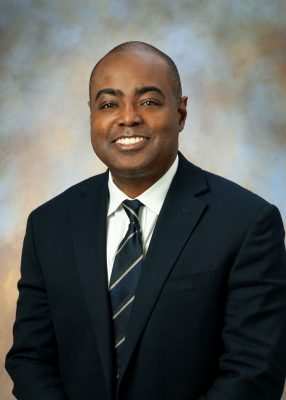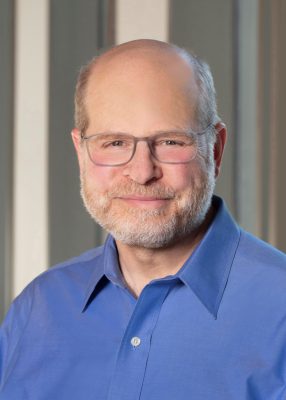
AI to Enable Better Designs and Better Designing
Date: January 23, 2026; Time: 2:30 PM Location: PWEB 175
Abstract: AI as a means toward better design became an active area of research in the mid-1980s. Yet today new understandings of how people design, coupled with new approaches to AI (through agents, optimization and deep learning), and more capable computing technologies have enabled better design tools and a better understanding of how AI can help people themselves design. This talk will look at how AI can accelerate design as a tool, but also how AI can accelerate human teams in the act of designing. The talk will examine the role of generative design, digital twins of designers, psychological constructs, and the confidence of humans with AI as a guide to new AI-based design methods.
Biographical Sketch: Jonathan Cagan is the David and Susan Coulter Head of Mechanical Engineering and George Tallman and Florence Barrett Ladd Professor at Carnegie Mellon University, with an appointment in Design. Cagan also served as Interim Dean of the College of Engineering and Special Advisor to the Provost. Cagan co-founded the Integrated Innovation Institute for interdisciplinary design education at CMU, bringing engineering, design and business together to create new products and services. Cagan’s research focuses on design automation and methods, problem solving, and medical technologies. His work merges AI, machine learning, and optimization methods with cognitive- and neuro-science problem solving. A Fellow of the American Society of Mechanical Engineers, Cagan has been awarded the ASME Design Theory and Methodology, Design Automation, Ruth and Joel Spira Outstanding Design Educator, and Computers and Information in Engineering Lifetime Achievement Awards. He is also a Fellow of the American Association for the Advancement of Science. A registered Professional Engineer, Cagan received his PhD from UC Berkeley, and has been on the faculty at CMU since 1990.


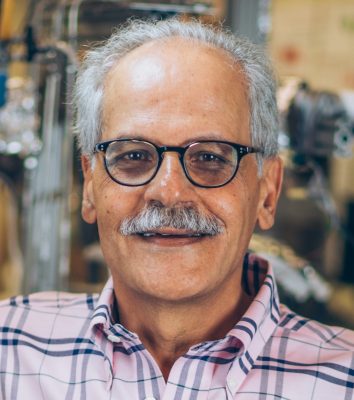
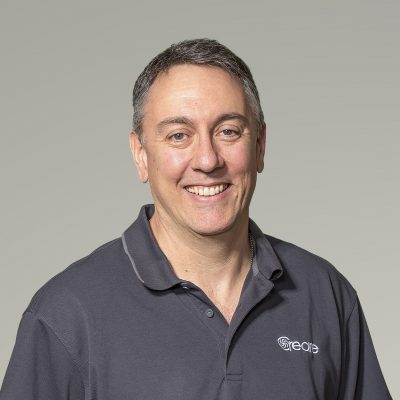
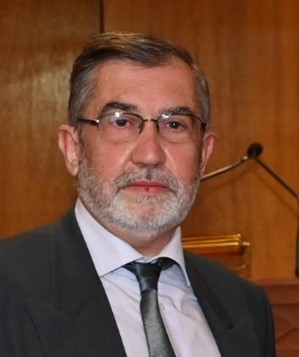
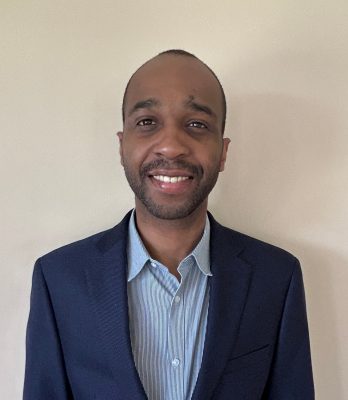 Hybrid-Electric Propulsion System For Commercial And Military Aircrafts
Hybrid-Electric Propulsion System For Commercial And Military Aircrafts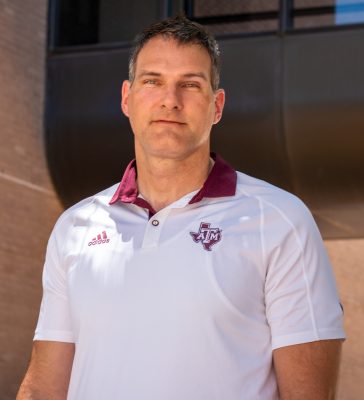 Protective Nanocoatings from Polyelectrolytes: Flame Retardancy, Gas Barrier, and High Voltage Insulation
Protective Nanocoatings from Polyelectrolytes: Flame Retardancy, Gas Barrier, and High Voltage Insulation